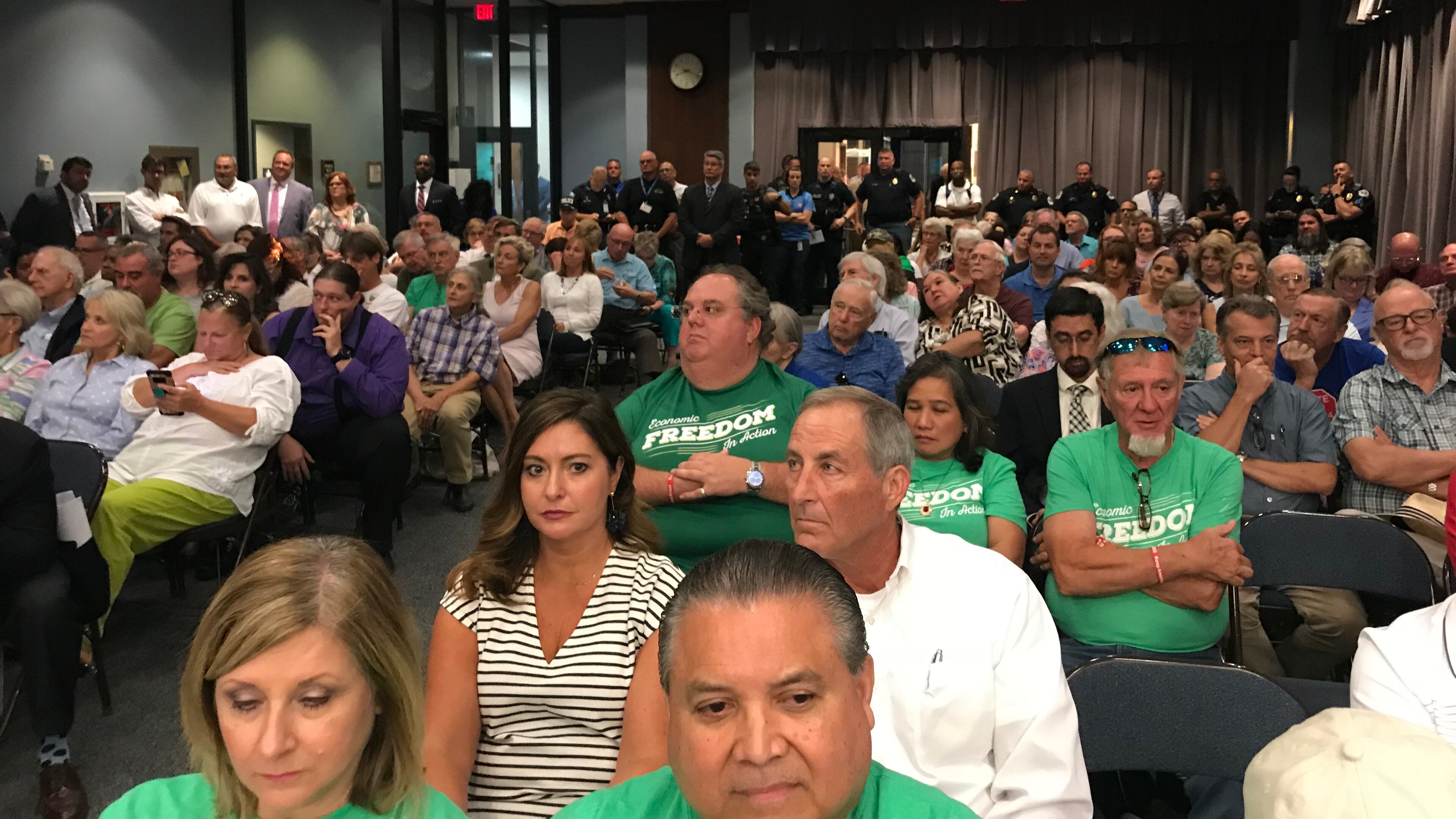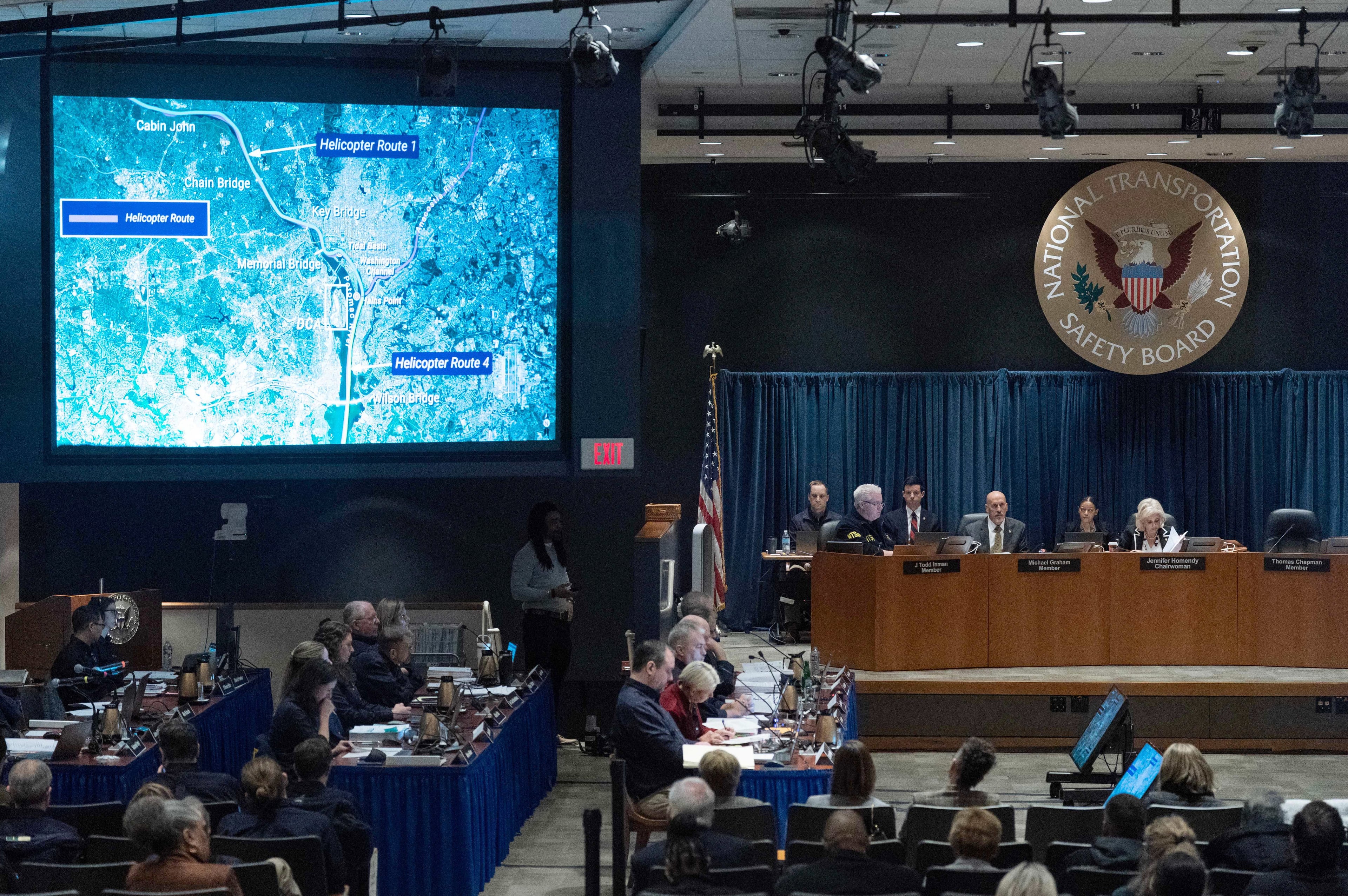LOCAL GOVT.
Public comment rules: Cobb Co. and its cities
Exactly how much time you’ll have to speak at city or county meetings varies widely.

more than a hundred Cobb residents turned out for the county commission vote on the millage rate (Meris Lutz/AJC)
We’ve all been there: Your city council or county commission is taking up a hot issue and you’re ready to speak your mind to your elected officials. The meeting is packed; plenty of folks are geared up to have their say. But do you know the rules governing public comment for your particular city? Your county? You should. Let us help you prepare for that next important meeting so you’ll make the most of your time.
>> LEARN MORE: See the public commenting rules for City of Atlanta | Clayton | DeKalb | Fulton | Gwinnett
Here are the particulars regarding public comment for Cobb County and the various cities within it. For more information, please click on the links below to visit that government’s website.
- Cobb County Commission -- Public comment is allowed at the start and end of the meeting. 60 minutes total (30 before meeting; 30 after meeting) allowed with five minutes allotted to each speaker (see website for details). Salaried members of the county staff and political candidates can't speak. Speakers must sign up, but there is no time limit until the slots are full.
- Acworth -- Public comment is allowed before and after regular business. There is no total time limit; five minutes allotted to each speaker (see website for details). No limits on what speakers may address. Speakers not required to sign up in advance.
- Austell -- Public comment is allowed at the start of the meeting. There is no total time limit; five minutes allotted to each speaker (see website for details). No limits on what speakers may address. Only speakers addressing zoning issues must sign up.
- Kennesaw -- Public comment is allowed at the beginning of the meeting for items listed on the agenda and a second at the end of the meeting. The mayor determines the total time limit; five minutes allotted to each speaker (see website for details). Comments made at the beginning of the meeting must relate to agenda items; comments at the end don't have to be related to items on the agenda. Speakers can sign up in advance or when they go to the podium.
- Marietta -- Public comment is allowed at the beginning of the meeting for people who have signed up in advance and at the end of the meeting for people who have not. 20 minute time limit at the beginning of the meeting; 30 minutes at the end, which can be extended by a council vote; five minutes allotted to each speaker (see website for details). No limits on what speakers may address. Speakers must sign up by 10 a.m. on the day the draft agenda is posted for scheduled time. They are not asked to sign up in advance for unscheduled time.
- Powder Springs -- Public comment is allowed at the start of the meeting. One hour total allowed with five minutes allotted to each speaker (see website for details). No limits on what speakers may address. Speakers must sign up in advance, but will be allowed to speak if they didn't understand it was required.
- Smyrna -- Public comment is allowed at the end of the meeting. There is no total time limit; three minutes allotted to each speaker (see website for details). No limits on what speakers may address. Speakers asked to sign up in advance. If they arrive late, they are asked to give their name, address and topic to the mayor before they speak.



